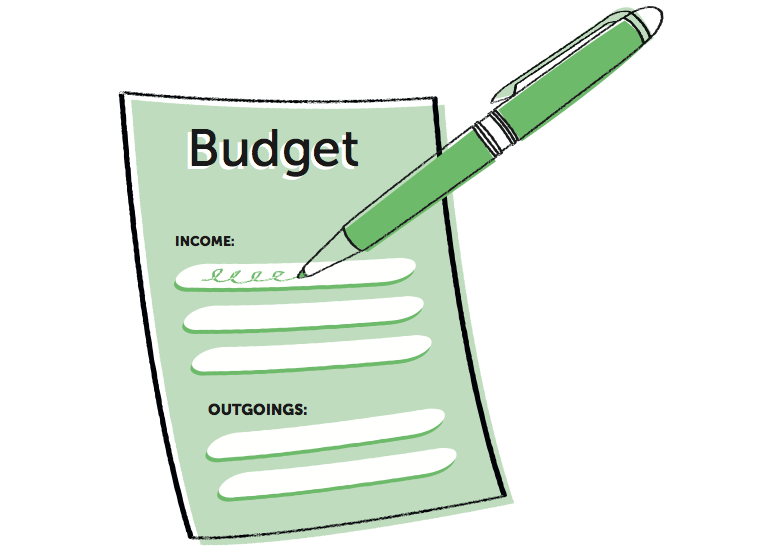REVEALED: 5 steps to help plan your own 2021 budget

2020 brought many changes to household income as the UK battled the Covid-19 pandemic. From furlough pay to mortgage holidays, many people will have felt an impact on their finances, be that for better or worse.
Today’s 2021 UK Budget reveals change to furlough, taxes, mortgages, VAT, and more, meaning households will likely see further changes to their financial situations. Now is the time to think about how you intend to manage your money for the rest of the year.
To help those who are feeling the pressure thanks to the new Budget, Lowell have put together five key steps to help plan your own budget.
Step 1: Check your tax code
Every year, thousands of people experience errors regarding their tax code, leaving them out of pocket, or worse – having to pay back a large amount of money they owe.* Your tax code can have a critical impact on your finances.
Now the personal tax thresholds have frozen, it’s important that you ensure you’re on the correct tax code so you receive the correct amount of money each month.
Look at your payslip to find your tax code, and then check if your tax code is correct. There will be further things to consider if you are self-employed or have more than one job, so make sure you do your research if you think you might be on the wrong code.
Step 2: Find out what you’re entitled to
Millions of people are missing out on benefits they are entitled to**, and you could be one of them. Today’s budget announced changes to Universal Credit and Tax Credits, meaning you could be entitled to different benefits.
Whether it’s income-related benefits, tax credits, Carer’s Allowance, Pension Credit, or any of the other benefits available, it’s worth checking whether you may be entitled to something you’ve been missing out on – especially if your circumstances have changed.
You can use the Government’s benefits calculators here.
Step 3: Plan your return to work
With a plan for workers to return to the office on the 21st June, many office workers will be faced with costs they wouldn’t incur when working at home – from commuting, to lunches, and even work clothing.
Brits calculating their 2021 commuting budget should consider how often they’ll be travelling, and budget for daily, weekly, or monthly mileage, parking, and travel passes accordingly.
People heading back to the office after working from home should also consider maintaining the good habits learnt since the lockdown. If you’ve been making your lunch at home each day, keep up that habit, and instead make it the night before you’re due to go in.
Step 4: Approach deals and offers with caution
The budget has promised to cut VAT to get people back on the high street and into bars and restaurants. If you have spare income, it could be a nice incentive to take advantage of.
However, if you are or know you will be struggling with your finances, don’t be tempted by offers to spend more money. Try to remember – if you were not going to spend the money anyway, you’re not actually saving anything.
Step 5: Speak up if you’re feeling the pressure
The UK budget can be overwhelming – there is so much information it can be difficult to know what applies to you. The past 12 months have been a difficult time financially for many people, and you may still have many unanswered questions.
John Pears, UK Managing Director at Lowell said: “Today’s announcement coupled with a year of uncertainty due to Covid-19 is bound to have an impact on many UK households.
“These are challenging times and that everyone’s personal circumstances are different, so we would urge anyone struggling financially to reach out for help.
A number of free and independent services you can contact to help can been seen at:
https://www.lowell.co.uk/help-and-support/independent-support/”




